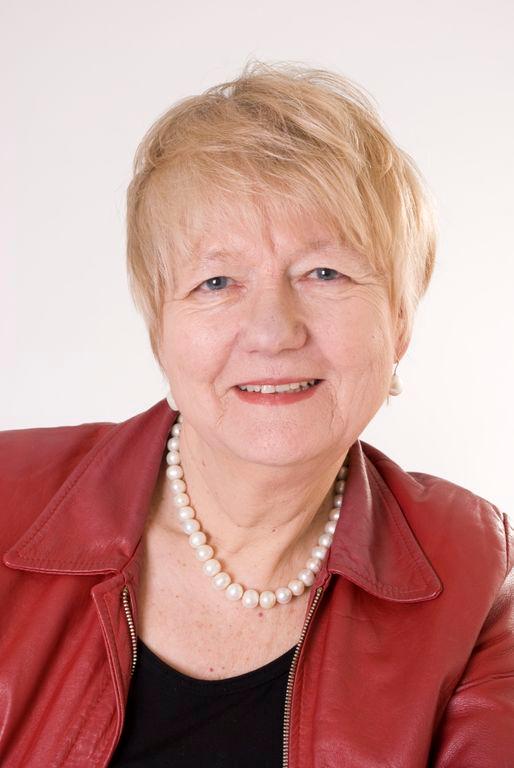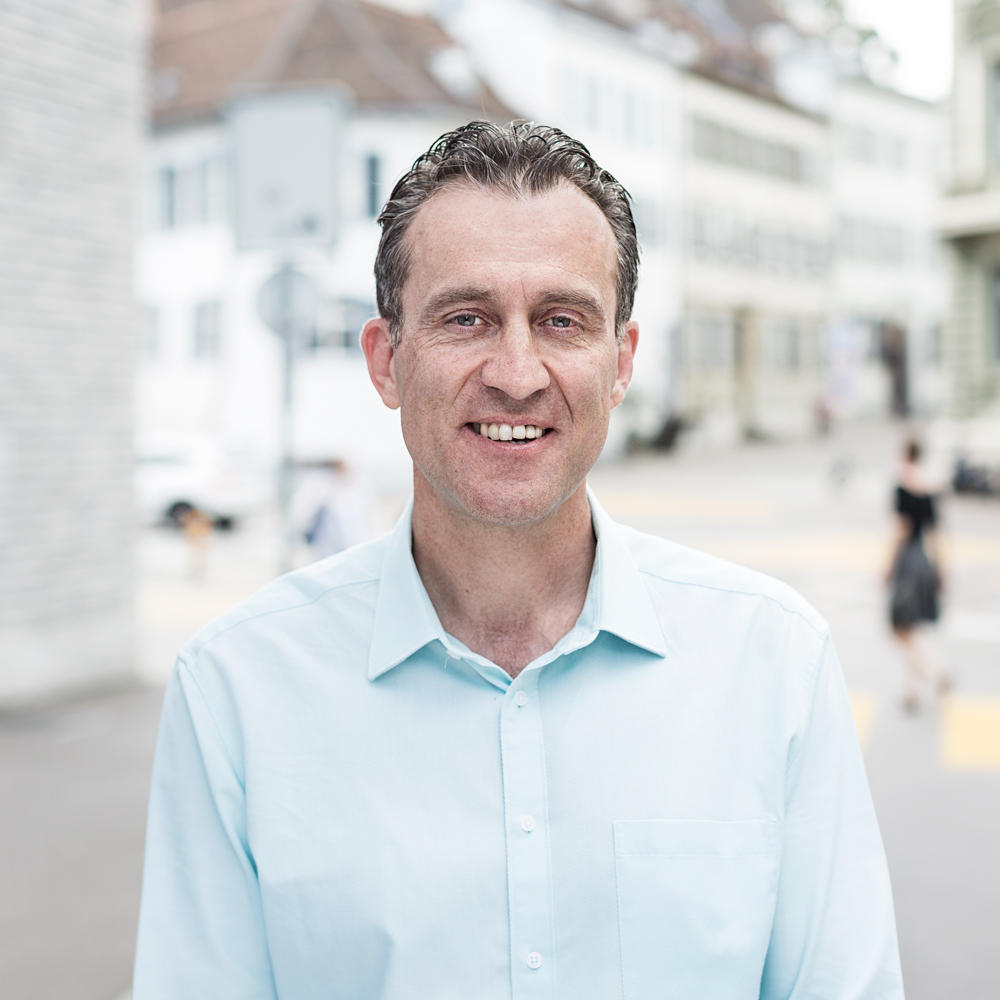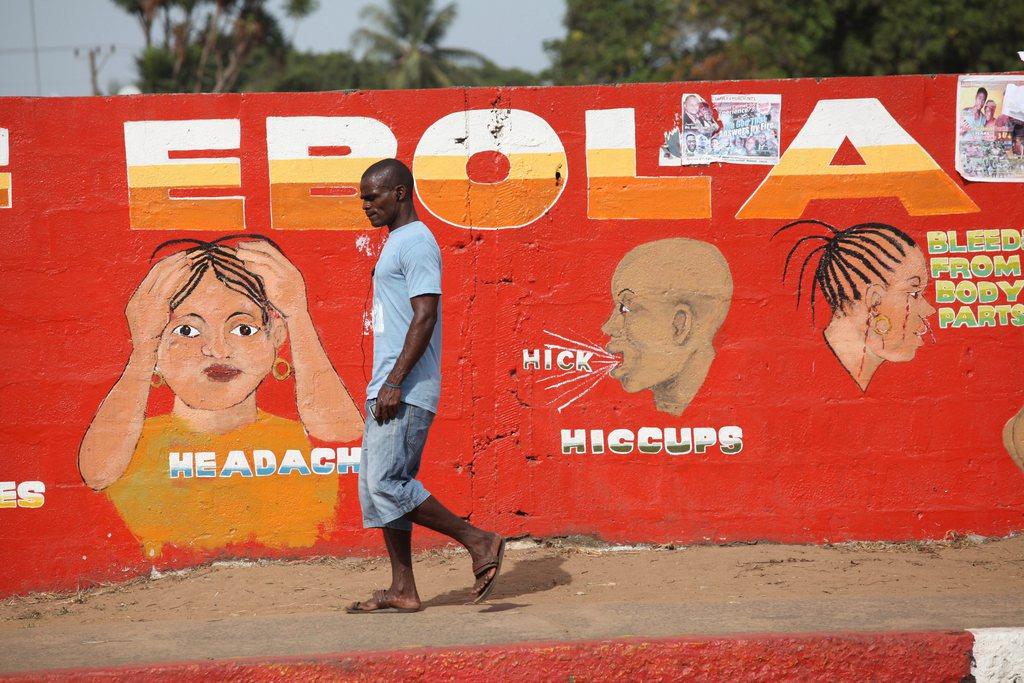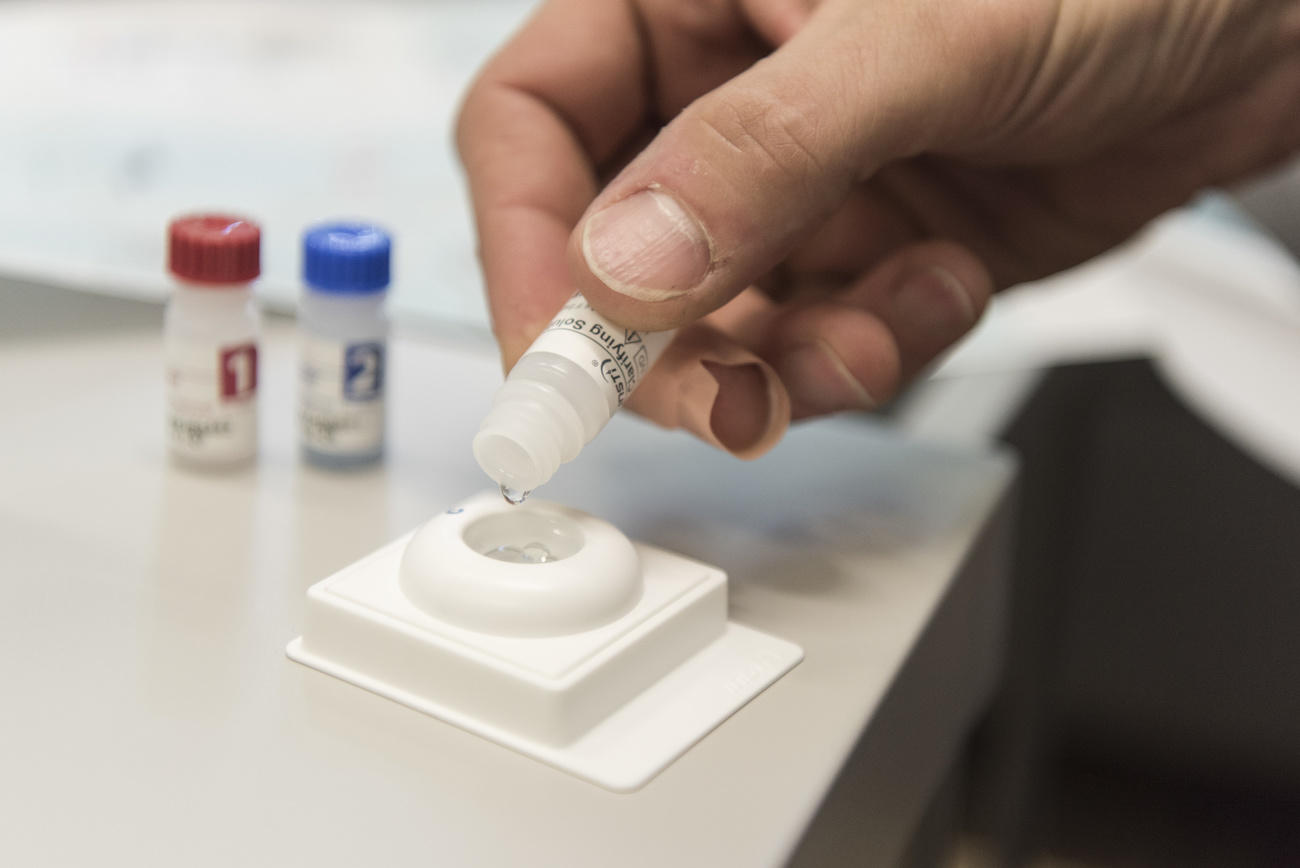Global health policy and development cooperation: continuing the Swiss success model
Never before has Switzerland provided more money to fight AIDS, tuberculosis and malaria worldwide than for the next three years. It is reaffirming its commitment to a global health policy. But the approach lacks coherence.
The Global Fund to Fight AIDS, Tuberculosis and MalariaExternal link, a non-profit global partnership established in Geneva in 2002 and made up of governments, civil society and the private sector, published its budget for the coming years at a donor conference in Lyon last week.
Switzerland, which is also a member of the foundation’s board, pledges to contribute CHF64 million ($64 million) to the total budget of around CHF14 billion by 2022. With this commitment, the government underlines the importance of the Global Fund in the fight against communicable diseases and stresses Switzerland’s commitment to health security.
But global health offers Switzerland – with its excellent health system, outstanding research institutions in the life sciences and the technology sector as well as leading companies in the pharmaceutical and medical technology industries – far more potential that has not yet been fully exploited.

For example, the bill to parliament on international cooperation (IC) for 2021-2024 recently presented by the foreign and the economics ministries deals only marginally with the issue of health.
During the consultation procedure, research and business representatives emphasized that Switzerland not only has clear comparative advantages in global health policy, but could also benefit particularly from a coherent policy.
The Swiss Business Federation (economiesuisse), for example, stated that Switzerland is not only one of the leading countries in disaster relief and prevention, but also in health care. This strength should be used in a targeted manner – for example, to develop basic medical care in low-income countries or to develop medicines to combat diseases that particularly affect the poorest countries.
“The question arises as to whether Switzerland’s outstanding international position in the health sector should not be given much greater weight in the strategic orientation of Swiss IC,” says economiesuisse.

In the public consultation procedure, it was rightly pointed out that Switzerland’s so-called health foreign policy is a success story that should be continued. In 2006, the country was among the first in the world to make public health a foreign policy issue. One of the aims was to reconcile national economic interests with humanitarian principles – such as strengthening local and national health systems in developing and emerging countries, creating universal, barrier-free access to health care or providing comprehensive access to essential medicines.
Of course, there are tensions between national economic interests and international cooperation. Nevertheless, it was important and right to put health on the political agenda – both from a national and a global perspective. In recent years, Switzerland has demonstrated that this issue represents an excellent opportunity for a small country to engage in successful development cooperation based on solidarity and at the same time to make its voice heard politically and economically on the world stage.
Such a positioning also gives an opportunity to play a decisive role in reforming and reshaping the global health architecture. This will not least benefit the desired strengthening of Geneva as a centre of global (health) diplomacy.
The government has already taken an important first step with the extension of the health foreign policyExternal link adopted in May 2019. In the updated strategy, it emphasises the importance of digitisation and new technologies for health in the 21st century – not only within the Swiss health system, but also for low and middle-income countries.
This is not only consistent and in line with the interests of Switzerland, which has an excellent international reputation as a research and development location in areas such as biomedicine, robotics, artificial intelligence and biosciences.
The government bill on international cooperation for the next four years now offers the opportunity to take another important step and fully exploit the potential of global health politics for Switzerland.
To this end, development cooperation should be closely and coherently dovetailed with health foreign policy. This would continue the successful policy of recent years, which has given Switzerland not only a good reputation but also political and economic weight. The announced investment in the Global Fund to Fight AIDS, Tuberculosis and Malaria would thus pay off several times over.
The views expressed in this article are solely those of the authors, and do not necessarily reflect the views of swissinfo.ch.

More
Aid money: spending every penny wisely
Translated from German

In compliance with the JTI standards
More: SWI swissinfo.ch certified by the Journalism Trust Initiative












You can find an overview of ongoing debates with our journalists here . Please join us!
If you want to start a conversation about a topic raised in this article or want to report factual errors, email us at english@swissinfo.ch.